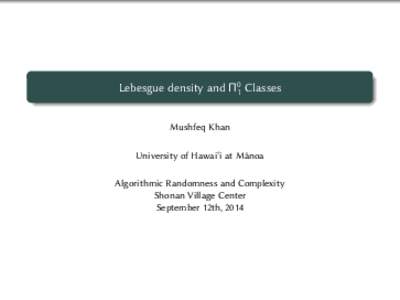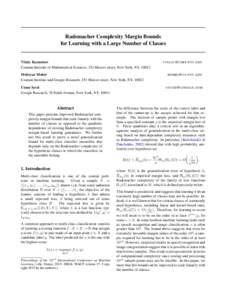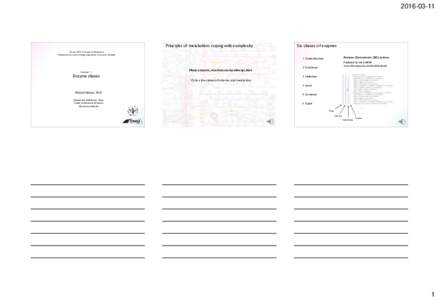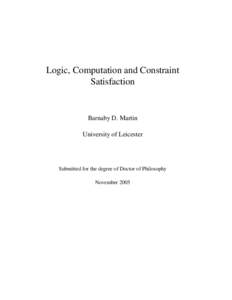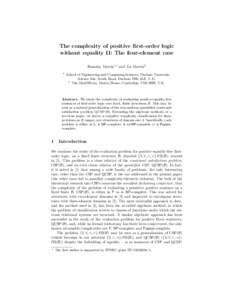<--- Back to Details
| First Page | Document Content | |
|---|---|---|
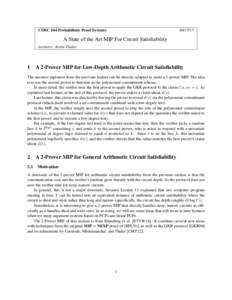 Date: 2017-10-16 18:20:55Mathematics Complexity classes Randomized algorithms IP Probabilistically checkable proof NP NEXPTIME Soundness Variable Interactive proof system Proof of knowledge |
Add to Reading List |
 COSC 544 Probabilistic Proof SystemsA State of the Art MIP For Circuit Satisfiability Lecturer: Justin Thaler
COSC 544 Probabilistic Proof SystemsA State of the Art MIP For Circuit Satisfiability Lecturer: Justin Thaler